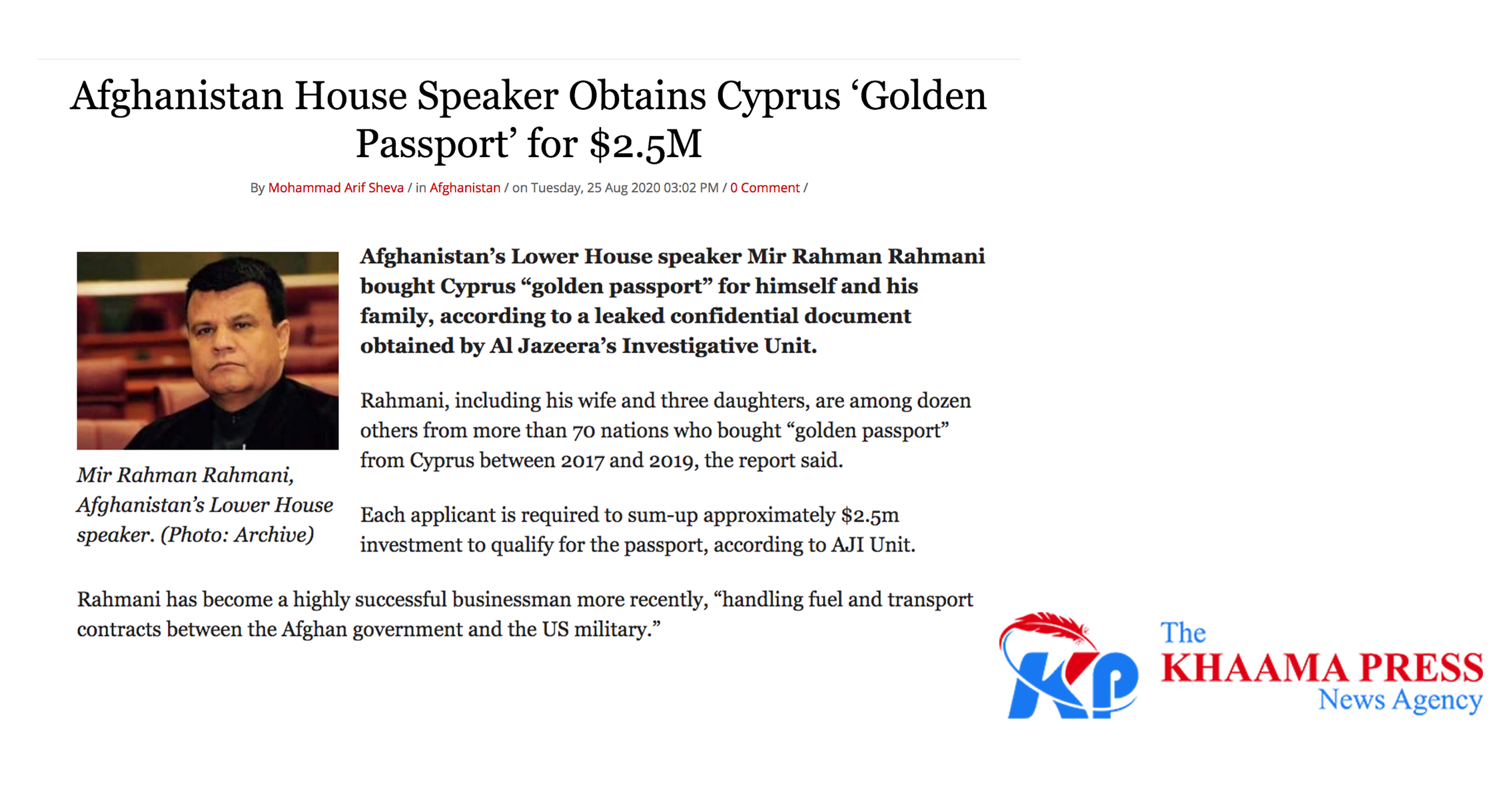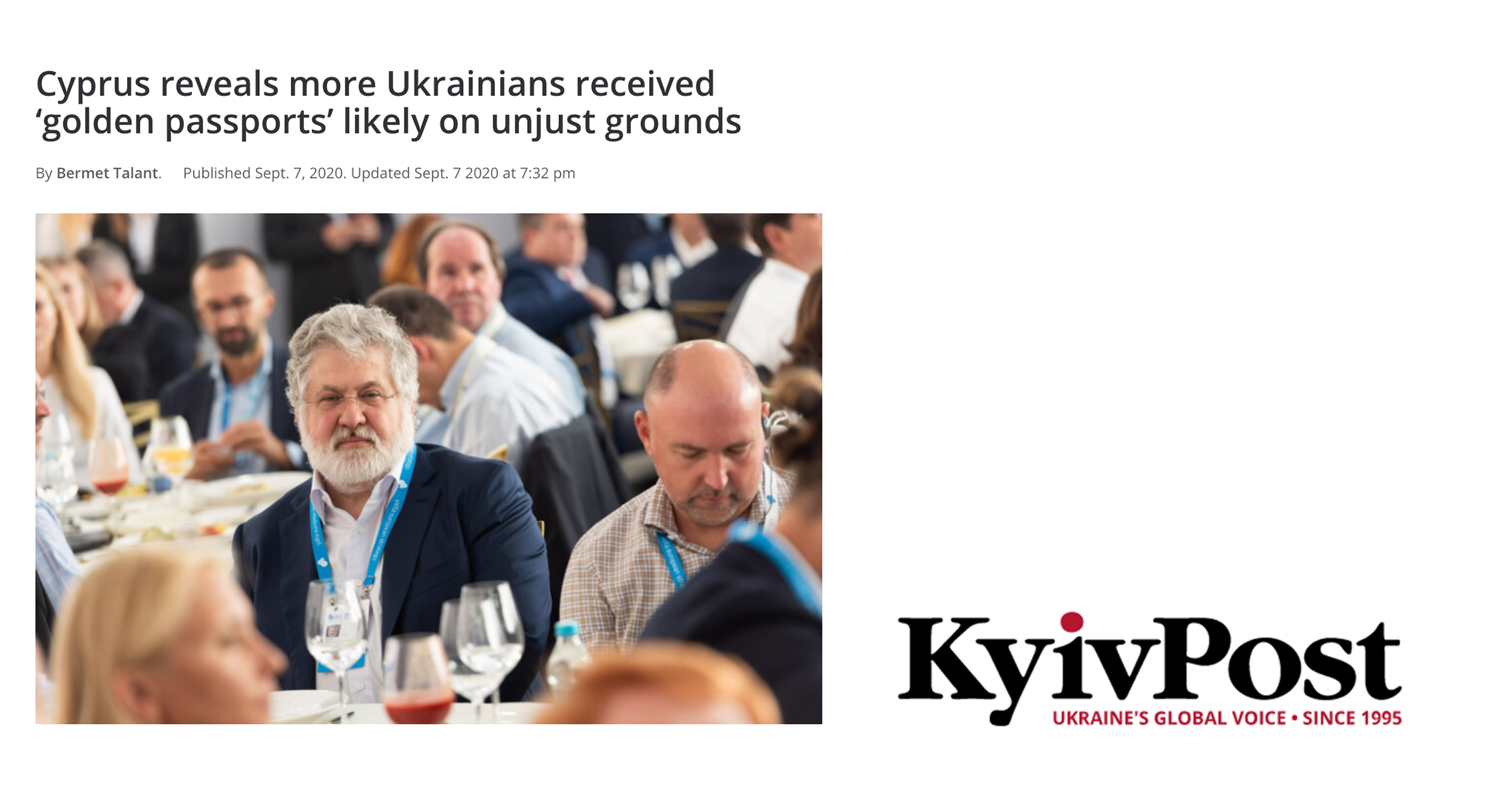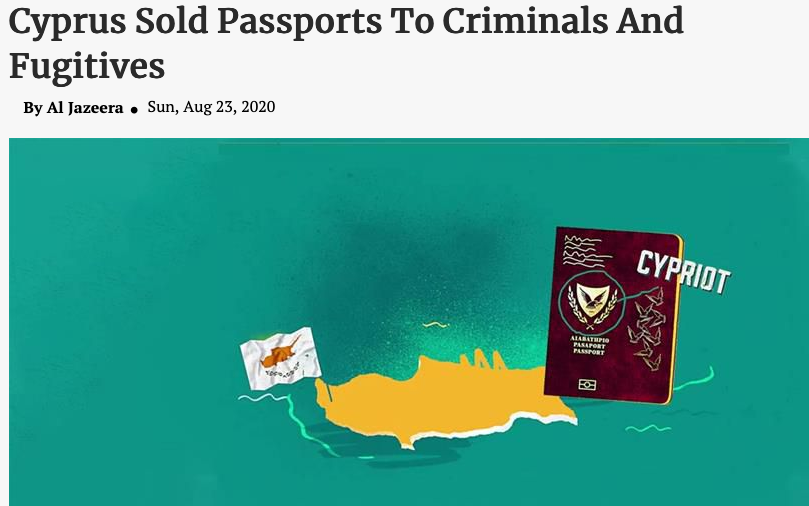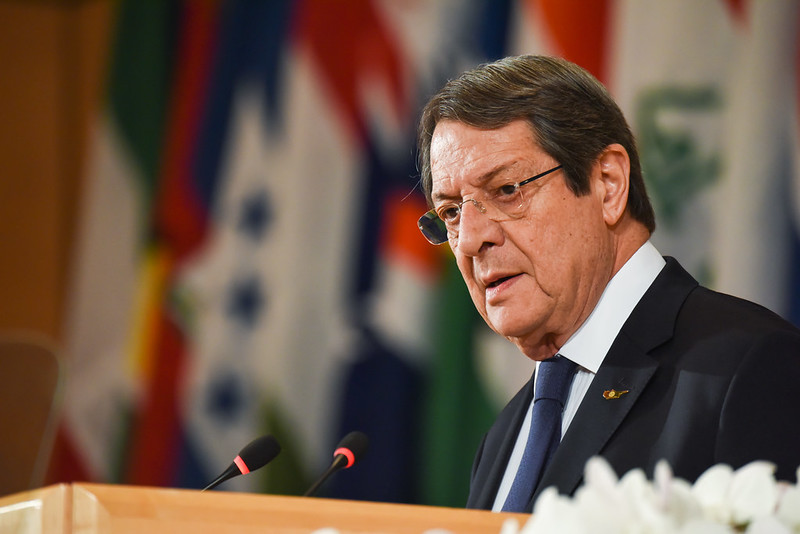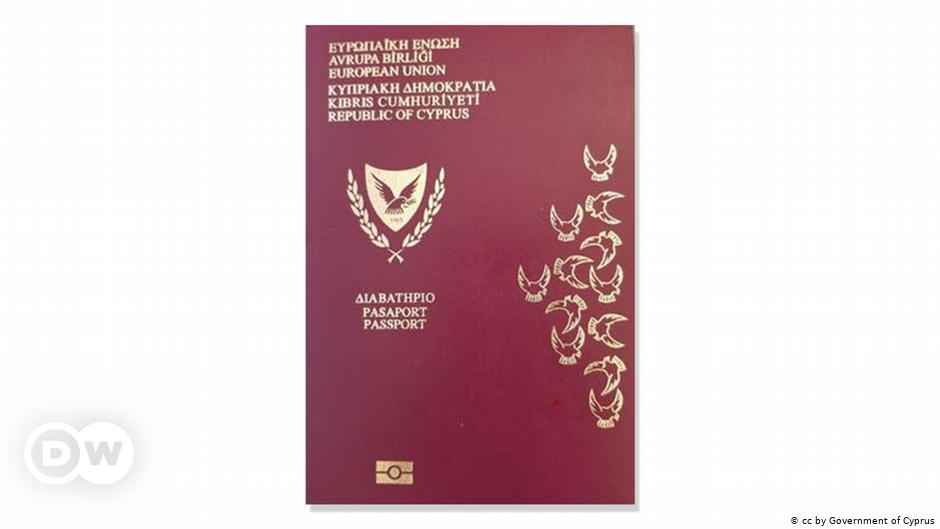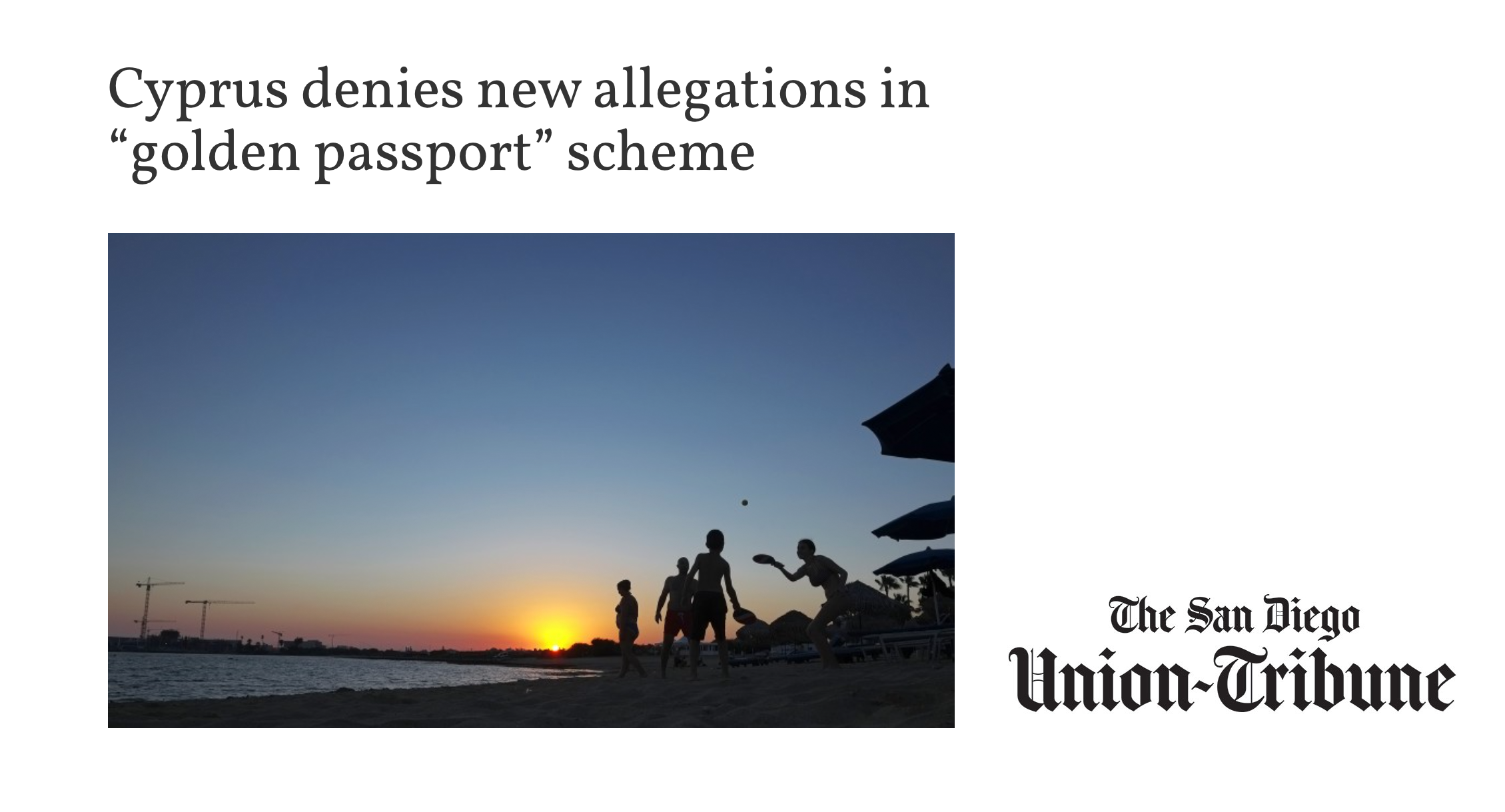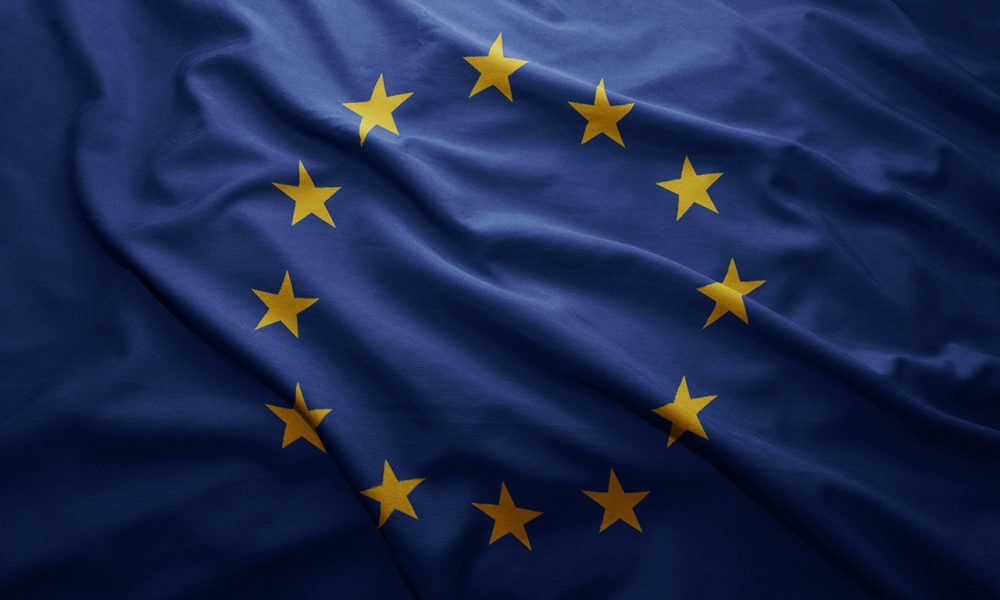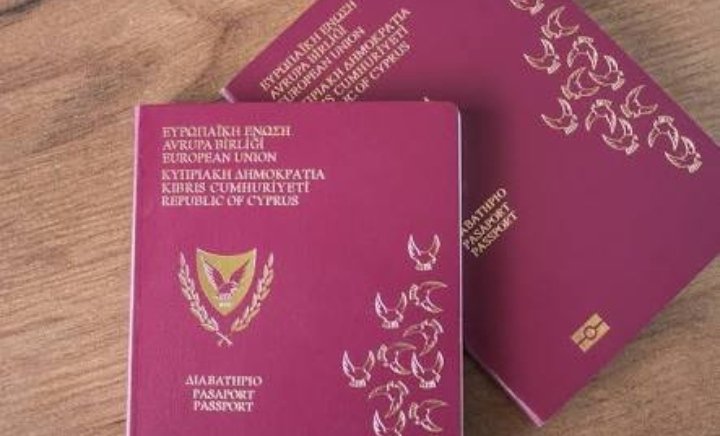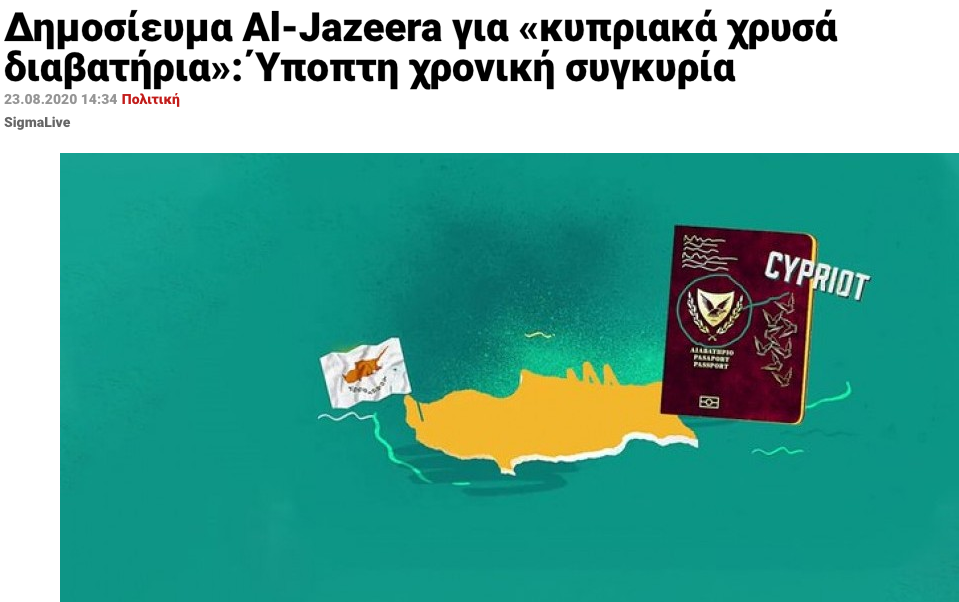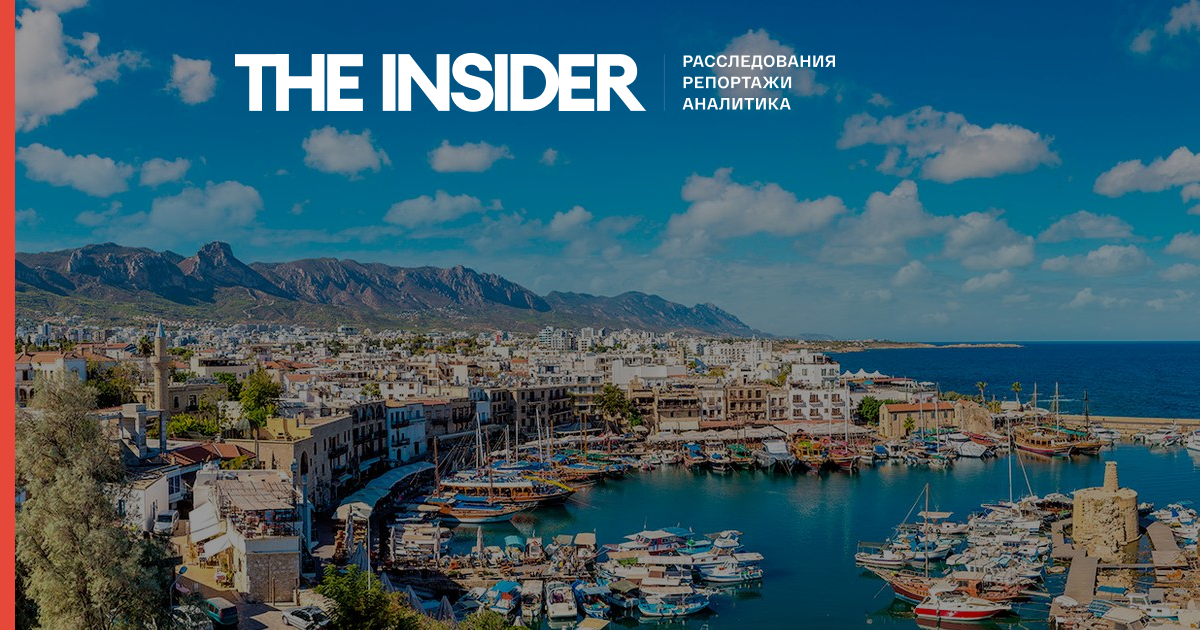Impact
The findings from I-Unit investigations have made front-page news in many of the world’s most respected newspapers including The Guardian, Mail on Sunday and Daily Telegraph in Britain, India’s Hindustan Times, Le Monde in France, El Pais in Spain, The Australian, The New York Times, Washington Post and USA Today.
Our work has dominated political coverage in South Africa, Namibia, the Maldives and Kenya.
We are proud to provide public interest journalism at its best.
Choose Investigation
The Cyprus Papers
The release of the investigation set off a media firestorm, generating headlines in countries as far afield as Vietnam, Venezuela and Taiwan. The New York Times, Washington Post, London Times, BBC and Forbes also covered the story.
The Cyprus Papers also had extensive coverage in the EU, with reports in the Swedish, Danish, Norwegian, Belgian and German media.
A member of the European parliament described the findings as ‘highly worrying’ and said that ‘golden passport’ regimes are a security risk for Europe.
Following the revelations, the European Justice Commissioner, Didier Reynders, announced that he was considering legal action against Cyprus. Infringement proceedings began two months later.
The Cyprus government dismissed the findings, claiming they were ‘propaganda’ and not investigative journalism. Two months later the government was forced to abolish the scheme.
BREAKING: New email leak from Cyprus shows that the authorities there sold passports to numerous Russian criminals and fugitives allowing them full access to the EU https://t.co/SAHeqRpEPp
— Sir William Browder KCMG (@Billbrowder) August 24, 2020




















